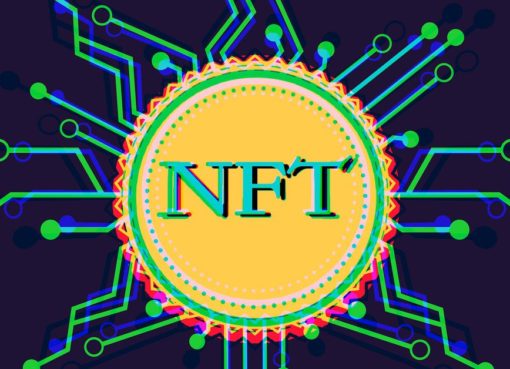At Money20/20 in Amsterdam, a panel titled “CBDC’s: The Next Steps” discussed the potential of central bank digital currencies (CBDCs), decentralized finance (defi), and decentralized autonomous organizations (DAOs).
These concepts carry significant implications for the global financial infrastructure and the future of money.
The panel participants were Claire Conby, operations and governance lead at Digital Pound Foundation, Susan Friedman, senior director of global policy at Ripple, and Teana Baker Taylor, vice president policy and regulatory strategy at Circle Internet Financial.
One of the primary highlights of the discussion revolved around CBDCs. A CBDC is a digital form of fiat money, and it is a particular type of cryptocurrency that is issued and regulated by a country’s central bank.
In essence, a CBDC uses an electronic record or digital token to represent the digital equivalent of a nation’s fiat currency. The panelists explored potential applications and roadblocks for these types of digital currencies and their role in reshaping the future financial landscape.
One compelling argument made during the panel was from Kristin Smith, executive director of the Blockchain Foundation. Smith shed light on the untapped potential of defi and DAOs. Defi refers to financial services built on blockchain technologies and smart contracts, which eliminate intermediaries from financial transactions.
In addition, Smith discussed the potential of DAOs as an alternative funding option for diverse entrepreneurs and impact projects.
She pointed out the benefits of community ownership, decentralized decision making, and transparency. DAOs were likened to “old school cooperatives” with a voting structure to determine influence over governance and operations.
Dr. Jane Thomason, a blockchain expert, echoed Smith’s sentiments, highlighting DAOs as a powerful tool for democratizing access to capital. DAOs, according to Thomason, can empower entrepreneurs and community leaders, opening new avenues of investment.
The panel discussion also delved into the trade-off of traditional venture capital funding for startups, contrasting it with the benefits of DAOs, where funding comes from a community that contributes to governance and transparency.




